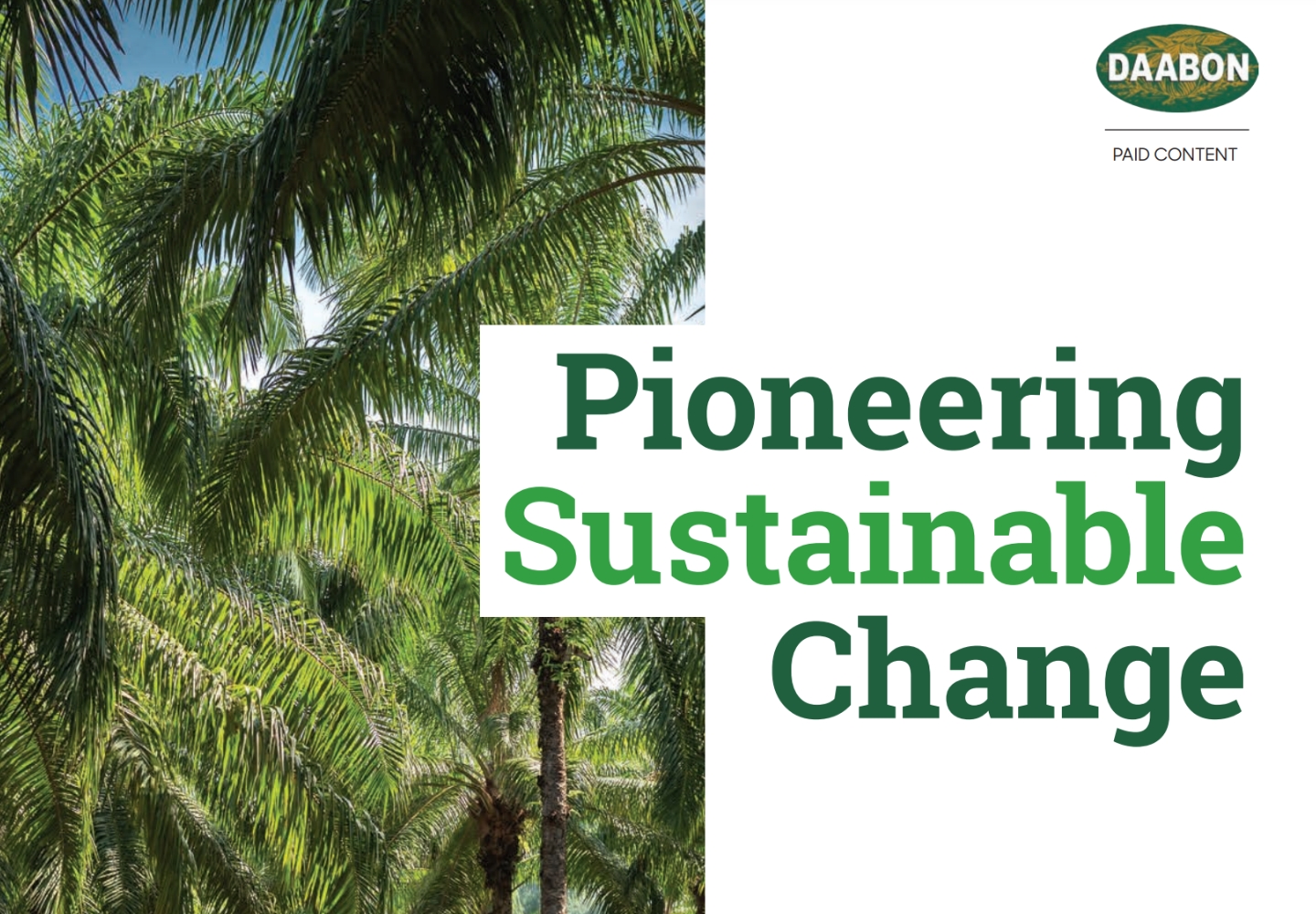Daabon Supports Colombia’s Biodiversity With Sustainable Palm Oil
An overview of the hard work we do to protect flora and fauna.
“No more
bees, no more
pollination,
no more
plants, no
more animals,
no more man”.
– Albert Einstein
Bees are prolific pollinators and are vital to most agriculture. But monoculture farming methods—in which thousands of acres are devoted to a single crop—cannot support bee communities because their food source (flowering plants) only occurs for a few weeks out of the year. In the Tequendama area, based in central Colombia, we maintain upwards of 40 hives, which help pollinate the local flora, and ensure plants are adequately pollinated.
Additionally, we strongly support USDA Organic agriculture—Daabon’s palm oil production doesn’t allow for the use of synthetic pesticides or insecticides, known toxins to insects like bees.
Biodiversity counts
We deeply believe in backing up our efforts with verifiable data, and we understand the importance of monitoring ecological systems in order to benchmark our environmental impact. Daabon identifies High Conservation Value areas—regions that are hotspots for biodiversity and endangered species — in Colombia, and develops strategies around protecting such habitats.
On our cultivated land, we ensure no agricultural chemicals are used in our production, we count the presence of pests with traps, and we utilize resources provided by the World Resources Institute to monitor and control deforestation and fire risks.
Our farms were the first organic palm oil farms to earn Rainforest Alliance certification for their sustainable practices. Our operations meet the rigorous environmental, social, and economic criteria of the Rainforest Alliance certification. We also collaborate with businesses and non-profits around Colombia to conduct many research projects around biodiversity counts as well.
An appreciation of the environment is core to what we do here at Daabon. We measure success not only through our profits, but also by the protection of endangered species endemic to our natural community.






